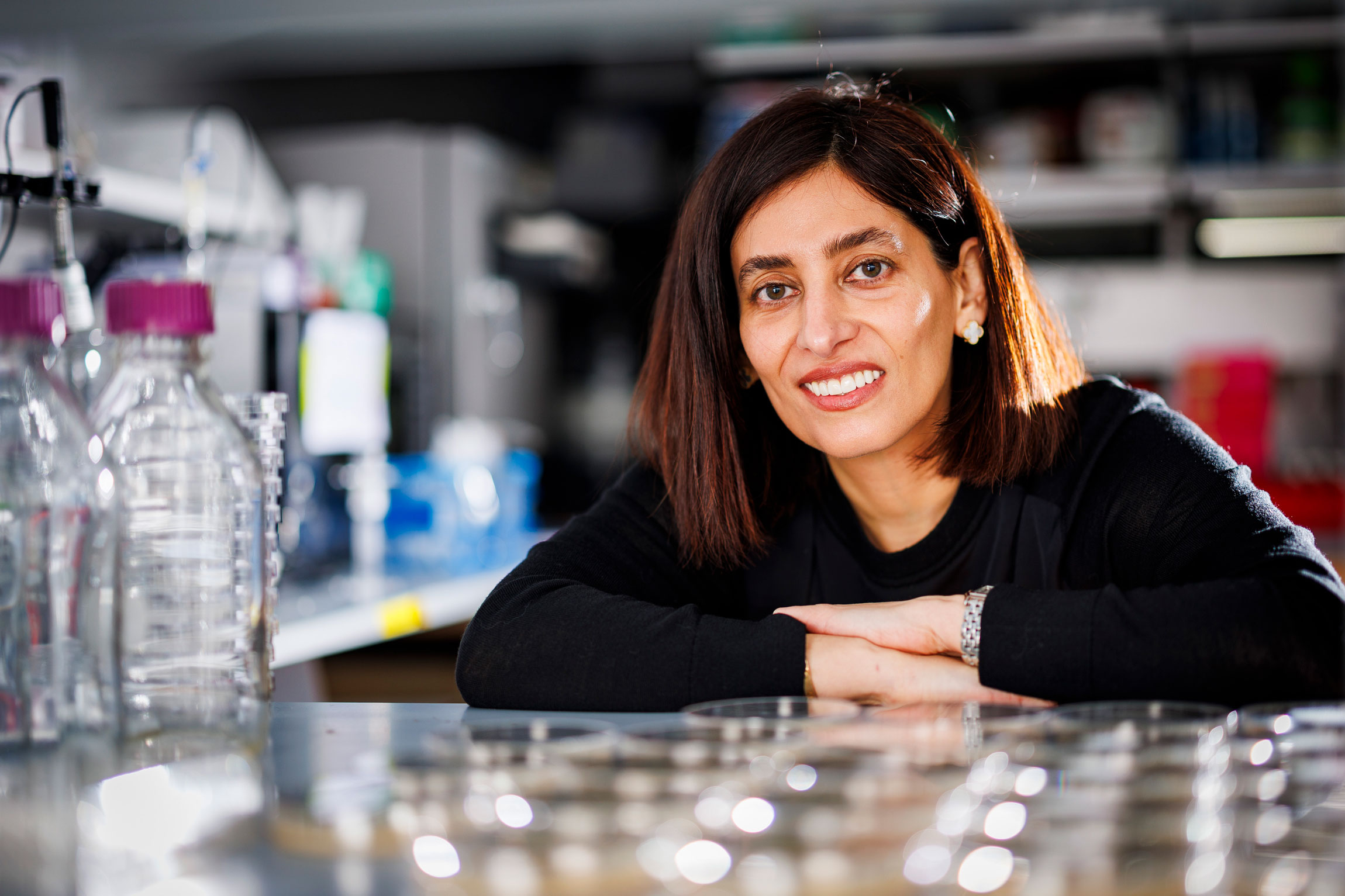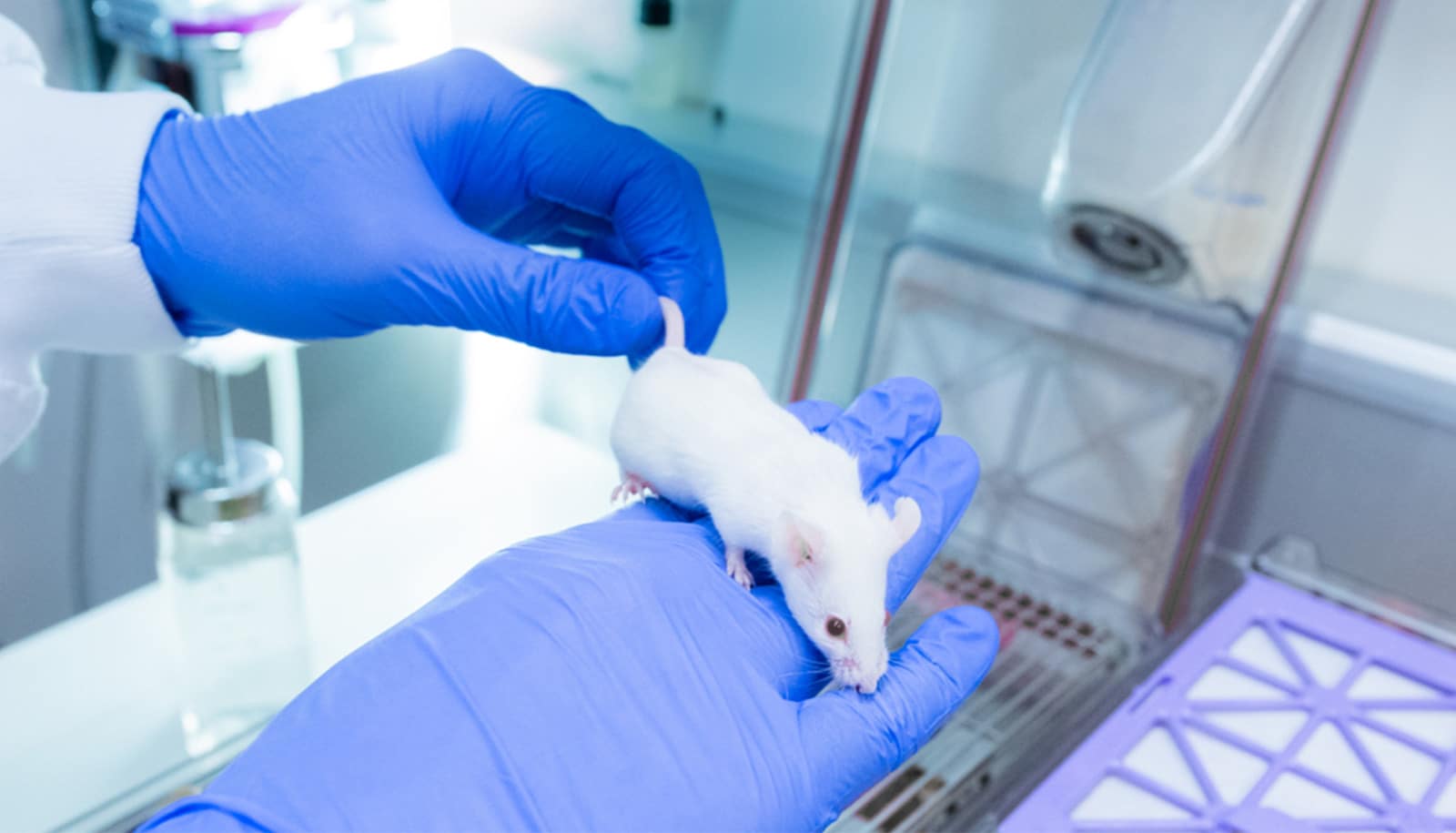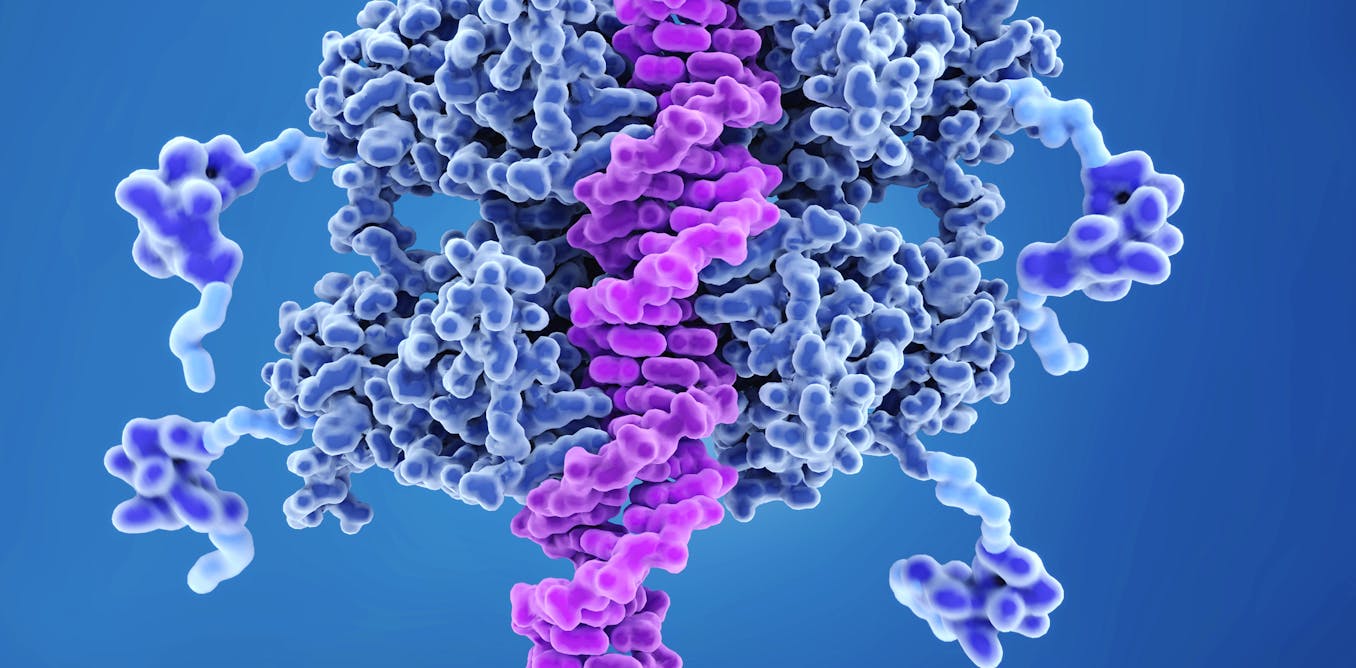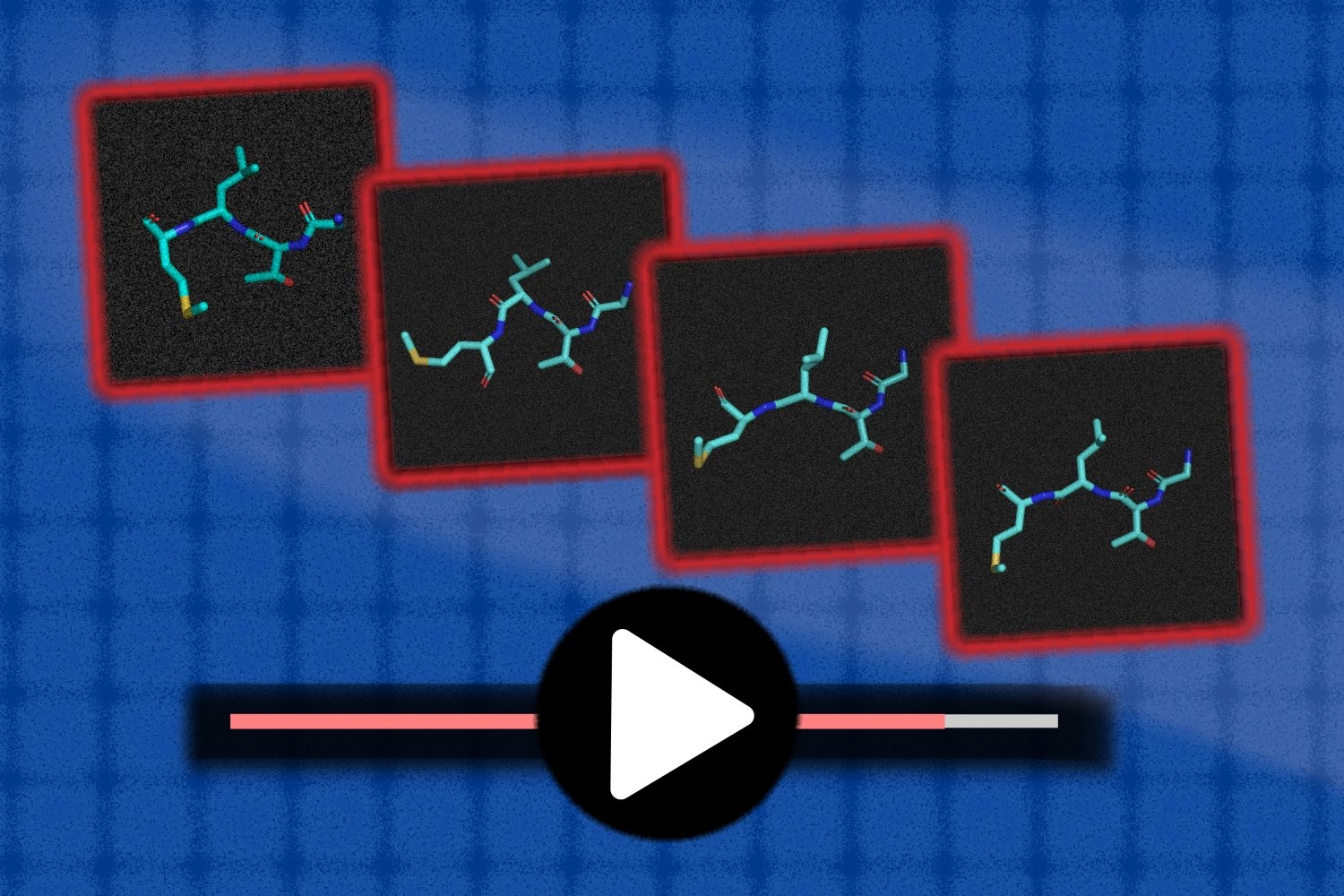‘Pac-Man with a ponytail’ proteins regulate everything from night vision to heartbeats – studying what GRKs look like could improve an array of drugs
Master switches of cell communication, G protein-coupled receptor kinases are the target of many drugs across a range of diseases.
Priyanka Naik, Ph.D. Candidate in Structural Biology, Purdue University •
conversation
March 7, 2025 • ~7 min
March 7, 2025 • ~7 min
p53 is both your genome’s guardian and weakness against cancer – scientists are trying to repair or replace it when it goes awry
The gene that codes for p53 is the most frequently mutated in cancer. Researchers are targeting different parts of its complex pathway to restore its ability to stop cancer.
Prosper Obed Chukwuemeka, Ph.D. Candidate in Integrative Systems Biology, University of Pittsburgh •
conversation
Feb. 20, 2025 • ~7 min
Feb. 20, 2025 • ~7 min
Parents can soon use QR codes to reveal heavy metal content in baby food
A quick scan with a smartphone or an online search can identify foods with lower levels of these toxic substances.
C. Michael White, Distinguished Professor of Pharmacy Practice, University of Connecticut •
conversation
Feb. 14, 2025 • ~10 min
Feb. 14, 2025 • ~10 min
Toward video generative models of the molecular world
Starting with a single frame in a simulation, a new system uses generative AI to emulate the dynamics of molecules, connecting static molecular structures and developing blurry pictures into videos.
Alex Shipps | MIT CSAIL •
mit
Jan. 23, 2025 • ~8 min
Jan. 23, 2025 • ~8 min
Property developers installing as few as half of promised ecological features – new report
A new report highlights the extent that housing developers fail to deliver on their ecological commitments.
Malcolm Tait, Professor of Planning, School of Geography, University of Sheffield •
conversation
Jan. 14, 2025 • ~9 min
Jan. 14, 2025 • ~9 min
/
71










